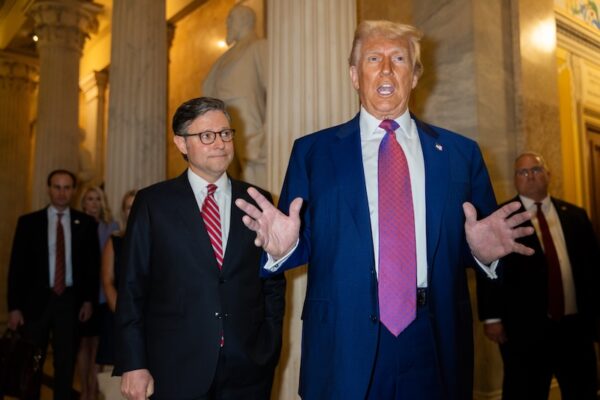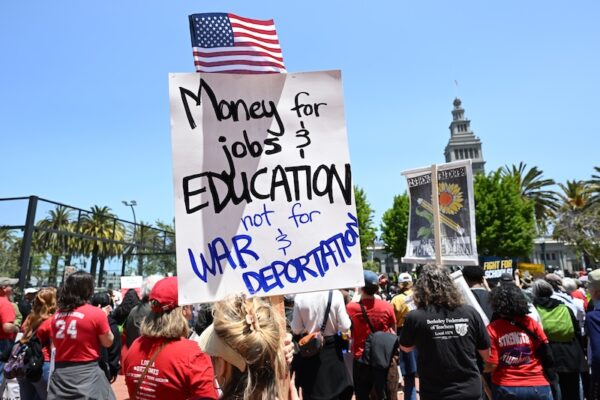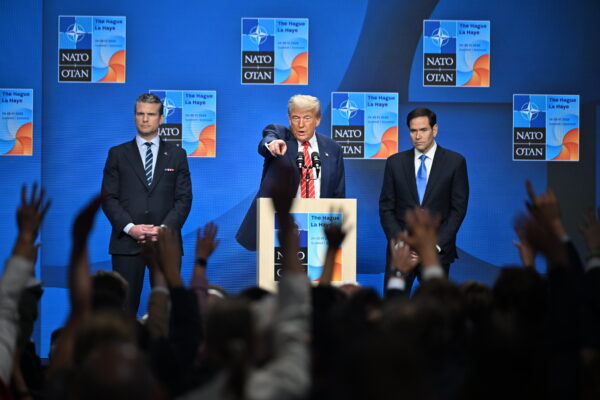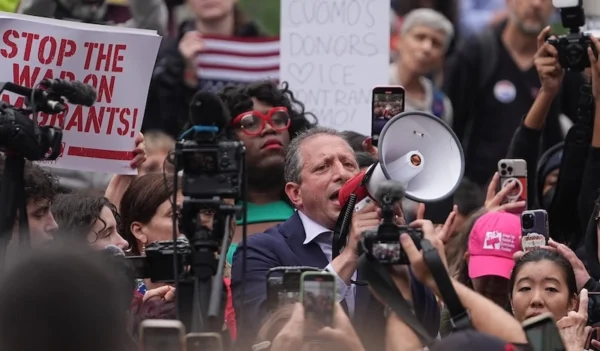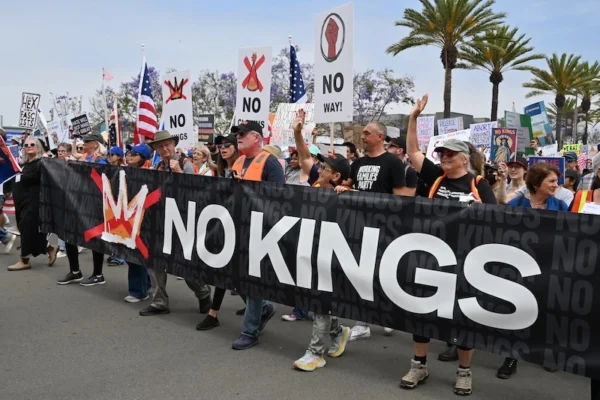Elections and Foreign Policy
This Sunday, the citizens of Turkey will go to the ballots in one of the most significant elections in recent history. As stated before, although the elections are mayoral they nevertheless will be as important as a general election due to the Dec. 17 operations and the developments in the aftermath. Because of the extra mobilization of the electorate as a result of political campaigns and ongoing debates regarding the Dec. 17 operations, we may witness one of the highest turnouts in recent history for mayoral elections.
The message that the Turkish electorates will give in this election will determine the strategy of political parties for the presidential elections in August. Depending on the votes, potential candidates may launch their presidential campaigns or revise their strategies. The presidential election in August and its outcome will play a significant role in the general elections in 2015. In fact, the mayoral elections will be the first step to determine the future of politics in Turkey. The outcomes of these elections will have serious repercussions in the domestic politics of Turkey in the coming years.
However, despite the current preeminence of domestic politics and the lack of coverage of foreign policy in political campaigns, these two elections will have important repercussions on Turkey’s foreign policy. The election results may have a significant impact on the debates regarding the direction of several foreign policy issues. Among the many issue areas are Ankara’s relations with the U.S. and EU, the nature of the Syrian crisis, tensions with Iraq, the Iranian question and a potential normalization of relations with Israel. In recent months there were very important developments in almost all these areas of foreign policy. During the elections and in their aftermath we may witness some changes to Turkish foreign policy regarding these issue areas.
Although some of these issues may not be as polarizing as domestic politics, they nevertheless may create significant debate during the campaign and after the elections.
In addition to ongoing foreign policy issues, new developments in the rapidly changing and unstable regions around Turkey may launch new debates about foreign policy. For instance, recent developments in Cyprus may generate a significant foreign policy debate among the parties and campaigns as well as within the public. The revitalization of the reconciliation process that has been stalled for years could bring the issue to the agenda of opposition parties. Both opposition parties, the Republican People’s Party (CHP) and the Nationalist Movement Party (MHP), are known to have some members familiar with the issue that hold different views to the government.
Although there is no alternative plan to resolve the crisis offered by these parties, there are a sizable number of those in an attentive public who are sensitive to the nature of the problem. Moreover, the crisis in Ukraine and Turkey’s policy toward this crisis has not yet been discussed among different actors in domestic politics. This issue may occupy an important place in the agenda of Turkey’s foreign policy because of the sensitivity of the Turkish public opinion to the Tatar minority in Crimea and in the broader context of Turkey’s relations with Russia and NATO countries.
Despite the existence of various issue areas, what will determine the quality of these debates and their impact on foreign policy will be the level of preparedness on the part of political parties, especially the opposition.
This article was originally published in Daily Sabah on March 24, 2014.











